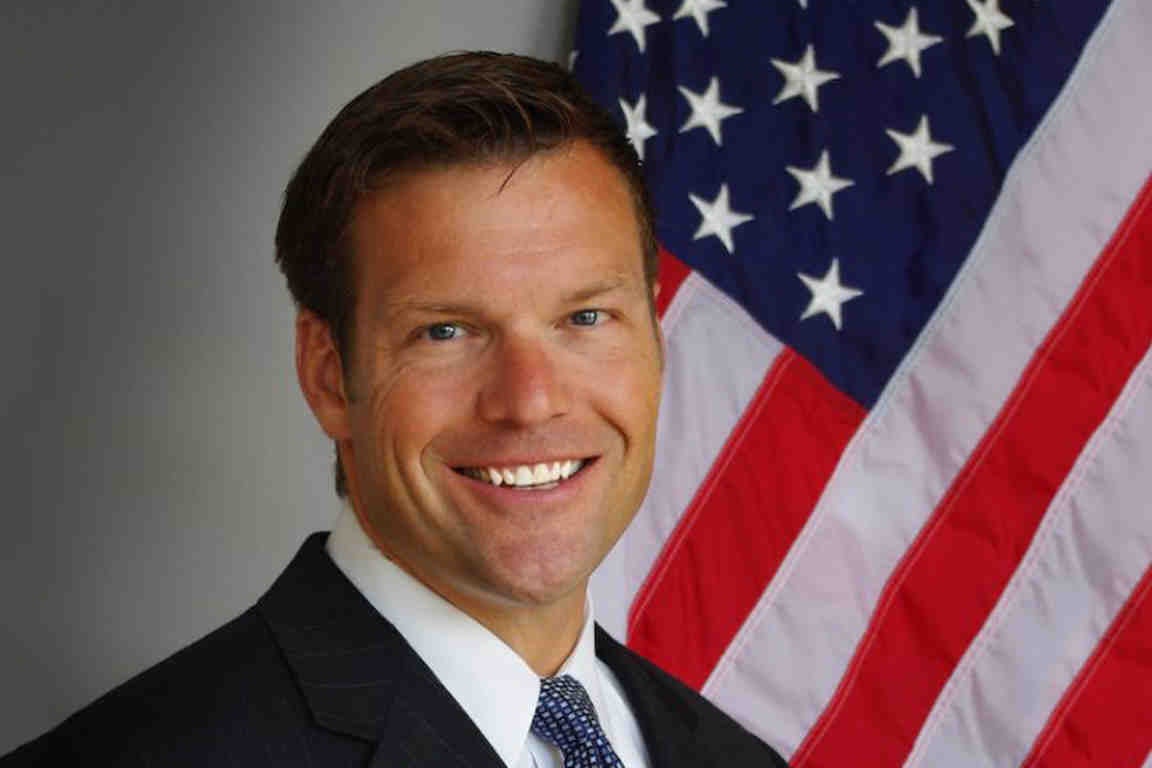On Wednesday, the Topeka Capital-Journal reported that Kansas Secretary of State Kris Kobach had failed to comply with a federal court decision handed down on Monday. The ruling by U.S. District Judge Julie Robinson permanently blocks the enforcement of his signature voter suppression law, which requires proof of citizenship from voters when they register. Robinson found that the measure runs afoul of the National Voter Registration Act as well as the 14th Amendment’s Equal Protection Clause.
Although Robinson’s decision unambiguously bars the state from requesting proof of citizenship from voters, Kobach’s office appears to have dragged its feet in explaining this prohibition to election officials. On a conference call Tuesday morning, Kansas director of elections Bryan Caskey reportedly told clerks to maintain the status quo until they received updated instructions. According to Nancy McCarter, an election official for Pottawatomie County, Caskey told clerks “to continue as we have been”—compelling them to continue demanding proof of citizenship from voters attempting to register.
A spokeswoman for Kobach explained the delay by telling the Capital-Journal: “I think ‘immediately’ is kind of open to interpretation.”
Reached by phone on Wednesday, Caskey told Slate that Kobach wanted to comply with Robinson’s ruling, but pointed out that “it is 118 pages long.” He suggested that his office needed time to formulate clear instructions “so that everyone knows exactly how we will comply.” (The ruling came out on Monday afternoon; the conference call took place at 11 a.m. on Tuesday.) Caskey added that “at no time ever has the secretary of state ever said we will not be complying with Judge Robinson’s order on this.”
Dale Ho, the American Civil Liberties Union attorney who argued against the Kansas law in court, initially called Kobach’s apparent non-compliance “outrageous.” Later, however, he tweeted that while “some compliance problems remain, it looks like Kansas Secretary of State’s office is backing down.” And on Wednesday afternoon, Kobach’s office finally sent formal guidance to election officials informing them not to ask voters for proof of citizenship.
Kobach has already been fined $1,000 for making “patently misleading representations to the court” and held in contempt of court for violating one of Robinson’s previous orders directing him to inform residents that they could vote without proof of citizenship. Robinson directed him to pay part of the ACLU’s legal fees and to take six extra hours of continuing legal education in light of his “pattern and practice” of “flaunting disclosure and discovery rules.”
Mark Johnson, a professor at University of Kansas Law School and partner at Dentons who successfully challenged the Kansas law on constitutional grounds, said on Wednesday that he doubted Robinson would sanction Kobach over his delay. But he noted that Kobach’s official guidance may not comply fully with the court order. While the guidance told election officials not to ask for proof of citizenship, it noted that, if a voter provided it voluntarily, officials should make a copy of it “for tracking purposes.” While it’s unclear what precisely that means, Johnson said, “I think Robinson would be surprised to see that provision.”
If she is in fact surprised, the judge may bring Kobach before the court once again to explain himself. And so the saga of the Kansas secretary of state’s obtuse attempts at voter suppression continues unabated.
